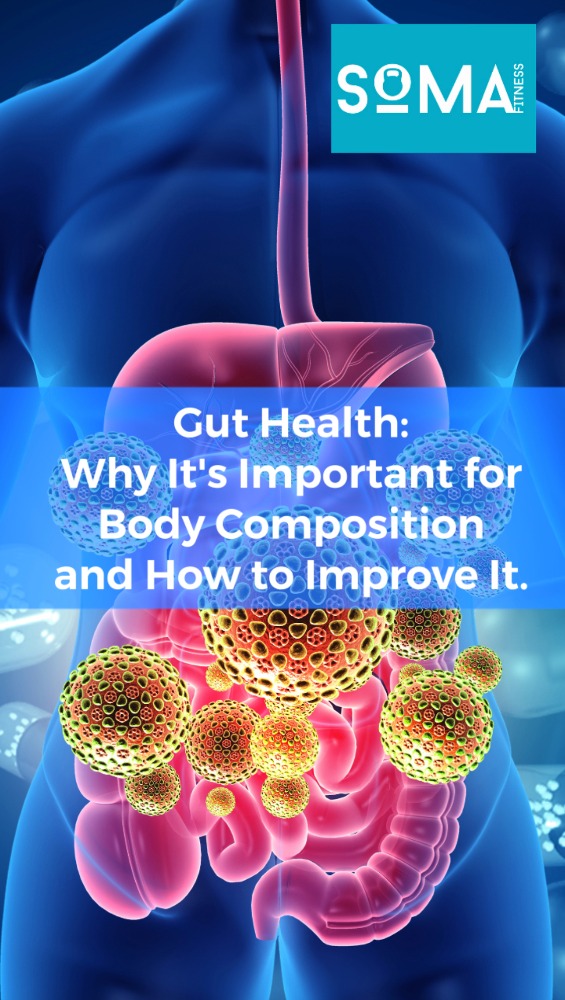Saw Palmetto and Its Benefits for Night Time Urination
Night time urination, also known as nocturia, can be a bothersome issue for many individuals, especially as they age. Working as a personal trainer coaching clients we try and optimise sleep and minimise stress, if an individual is getting up frequently to urinate in the night then this is going to impact these areas massively. While there can be various underlying causes, one natural remedy that has been recommend by Madalina our local herbalist has brought to our attention for its benefits in managing night-time urination is the saw palmetto complex.
Saw palmetto has been traditionally used to promote prostate health and alleviate urinary symptoms. In this article, we will explore how saw palmetto complex can may help with night-time urination and its potential mechanisms of action.
Understanding Saw Palmetto:
Its fruit contains various bioactive compounds, including fatty acids, phytosterols, and flavonoids, which are believed to contribute to its medicinal properties.
Reducing Prostate Enlargement:
One of the key factors contributing to night-time urination in men is an enlarged prostate gland, a condition known as benign prostatic hyperplasia (BPH). Saw palmetto is thought to inhibit the conversion of testosterone to dihydrotestosterone (DHT), a hormone that plays a role in prostate enlargement. By blocking DHT, saw palmetto may help prevent or reduce the enlargement of the prostate, alleviating pressure on the urethra and reducing night-time urinary frequency.
Anti-Inflammatory Properties:
Saw palmetto extract contains compounds with anti-inflammatory effects. These compounds may help reduce inflammation in the prostate gland and surrounding tissues. By doing so, saw palmetto could relieve pressure on the urethra and improve urine flow, leading to decreased nocturia.
Smooth Muscle Relaxation:
The smooth muscles in the bladder and urethra play a crucial role in controlling urine flow. Saw palmetto is believed to have a relaxing effect on smooth muscle tissue, which could help ease urinary urgency and improve bladder emptying. This relaxation may result in reduced nighttime trips to the bathroom.
DHT-Related Benefits:
Beyond blocking DHT synthesis, saw palmetto may interact with specific receptors in the prostate, potentially reducing the gland’s sensitivity to DHT. This action might provide further relief from urinary symptoms associated with an enlarged prostate.
If you are experiencing frequents visitors to the bathroom during the night and it is disruptive to your sleep, it is well worth giving this herb a try. Speaking with a natural health practitioner to take a deeper dive into your current state of health would be a good idea. Alongside this getting regularly exercise especially resistance training as been know to have have great benefits with prostate health, and of course reducing your alcohol consumption and cleaning up your nutrition. We may explore the benefits of these areas in further detail at a later date.




Recent Comments